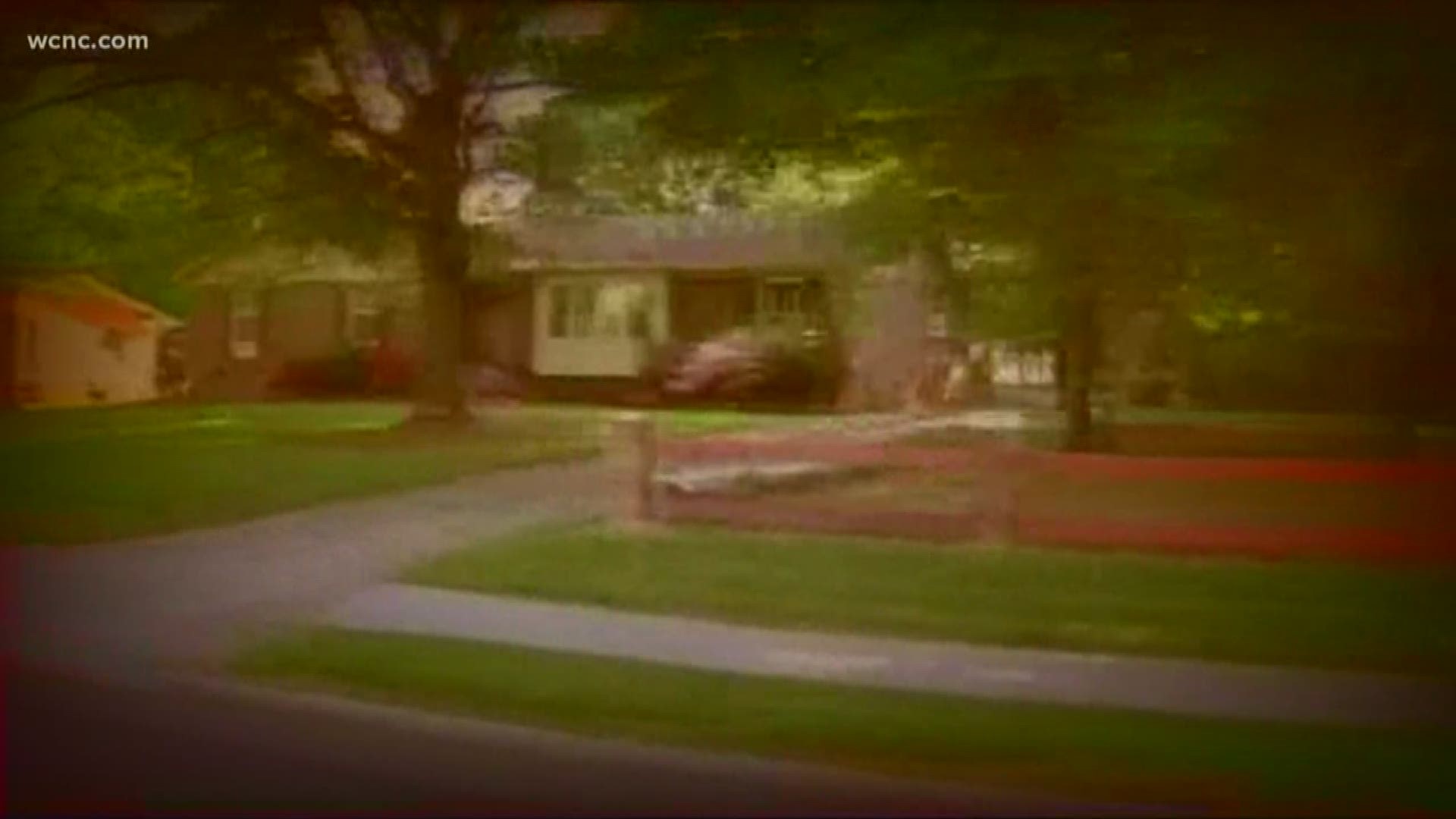CHARLOTTE, N.C. — Evictions are an inevitable side effect of rising rents. The most recent report on housing and homelessness shows a 12% increase from the previous year, putting more families in the position of facing time on the street.
Amy Anderson and her son found themselves living in a hotel after she was evicted from her home.
“I had recently lost my job and the income that I was doing driving Lyft and my son's bracelet business, it just wasn't not enough,” she said.
Her story is not what you might expect. She is college educated with a history earning $15-$18 an hour. In Charlotte, rents are rising faster than wages.
It’s not the first time Anderson has experienced housing instability.
“My heart races, it's anxiety. My mind just goes back to other times when I have experienced being displaced from my home and it literally turns from a mental phenomenon into physical,” Anderson said.
She finally was able to move into a new home with the help of A Way Home.
Board Chair for A Way Home Judy Seldin-Cohen says, “Trying to make ends meet is a challenge even if you are working and making the best decisions possible in the budget that you have.”
A Way Home helped Anderson through her eviction. The organization provides temporary rental subsidies and support to families who are experiencing homelessness.
Supported by a $20 million endowment, three out of four families who receive help from the program successfully transition to permanent homes.
Seldin-Cohen says, “It costs us about $11,000 per family over two years. Shelter costs double that.”
Anderson's son is doing what he can to help with his business AnderBerry Bracelets, but she worries about the impact the house has.
“This could have been something that he was doing just to have extra spending money and unfortunately it pays the bills,” Anderson said.
Research shows the stress of an eviction lasts for years. In January, a Georgia Tech football recruit committed suicide under the pressure of living out of a car and a hotel.
The story hit Anderson hard.
“I then, not only with my own mental health and having to keep myself in check, but also keeping my children in check to make sure they, are you Okay? Are there any signs that this scenario is just too much for them?"
She says it can take just one health diagnosis, domestic issue, job loss or accident to create a personal housing crisis.
“You may have things going very well in your life, but just know that any given day things can totally change,” Anderson said.
She is forming a grassroots organization with help from Crisis Assistance Ministry to offer workshops on tenant rights, the eviction process and finding affordable housing.
This story is part of WCNC Charlotte's work with the Charlotte Journalism Collaborative.


MORE ON WCNC CHARLOTTE:

